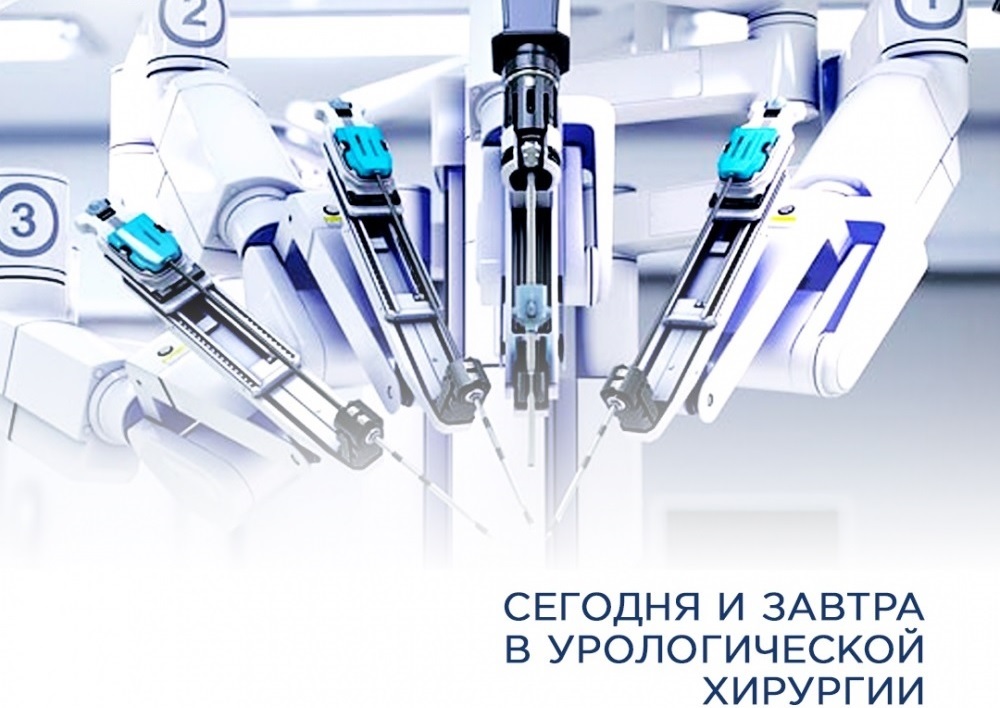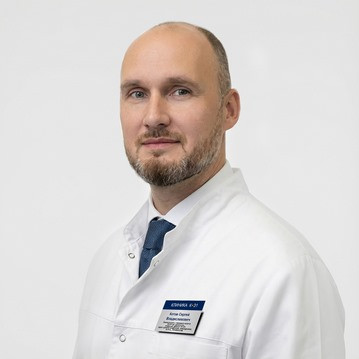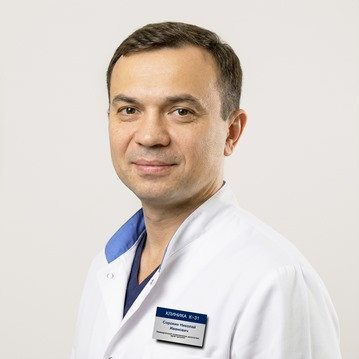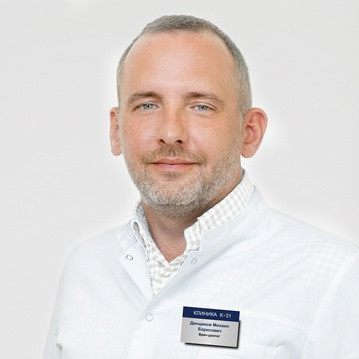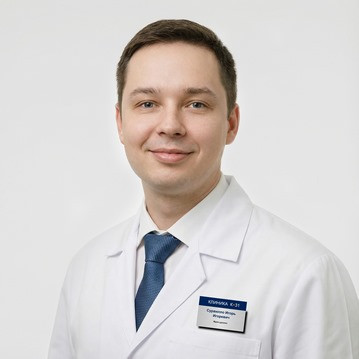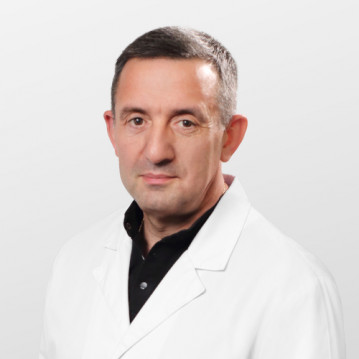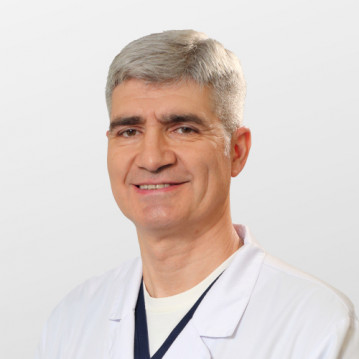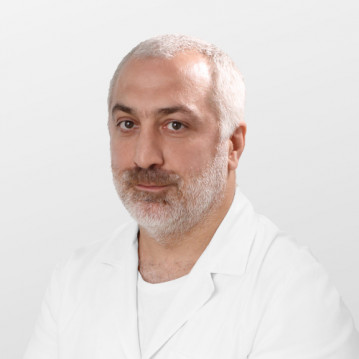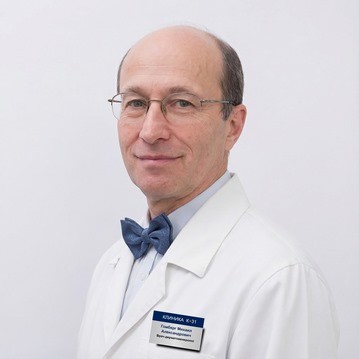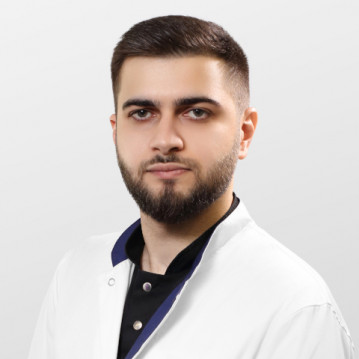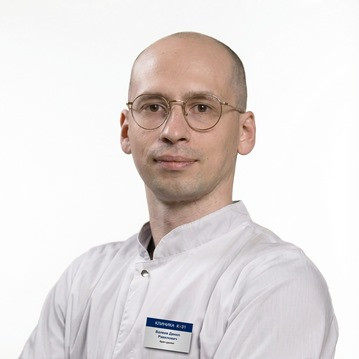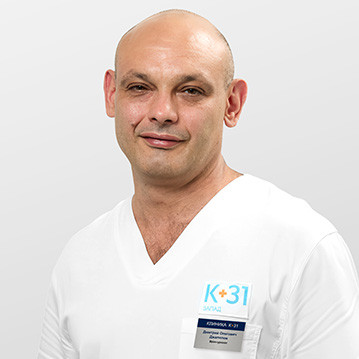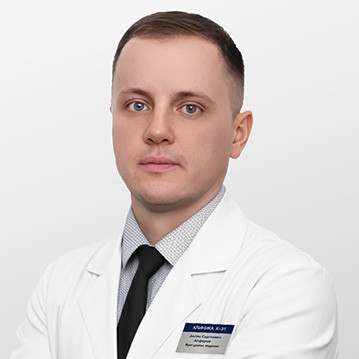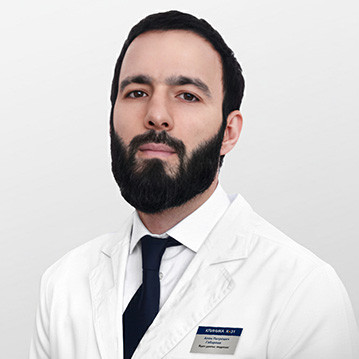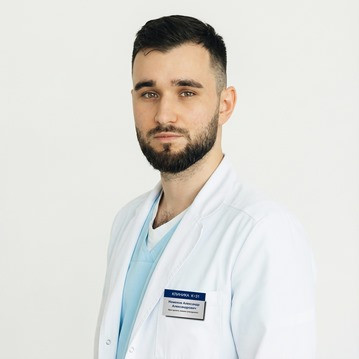Today and tomorrow in surgery
Medical technologies are developing by leaps and bounds, and what one could only dream of yesterday is now being applied in practice.
We asked P.I. Rasner about what is available to patients today and what may become available in the future.
30-40 years ago, no one even imagined that robots would be used in medicine, but gradually they penetrate into various areas, and especially surgery.
Robotic surgery dates back to 1999, when the first robot assistant of its kind was released. Today it is one of the most interesting areas in medicine, which is developing very actively. The fact is that the capabilities of robotic surgery often significantly exceed the capabilities of open surgery. With its help, the most complex operations are carried out with minimal damage to the surrounding tissues, after which there are practically no scars and scars. Due to this, the pain after the operation is less pronounced, and the rehabilitation period is faster.
